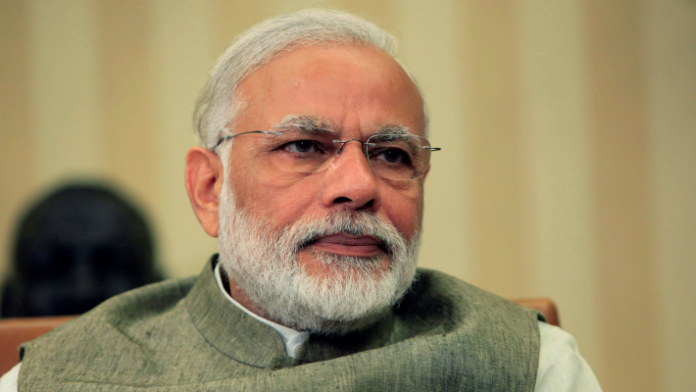His vision for India as a global leader, coupled with a modern approach to technology, solidifies his reputation as a trailblazer in leadership and innovation
Prime Minister Narendra Modi’s ongoing visit to the US highlights his continuous efforts to strengthen India’s global relationships, particularly with the US and Indo-Pacific nations, daijiworld.com reported. Yet, his interactions with the US date back to the 1990s, offering glimpses of his visionary leadership and forward-thinking attitude toward technology. These early engagements not only shaped his future but also laid the groundwork for his approach to leadership and governance.
During a pivotal moment in 1993, Modi, then a young BJP leader and RSS pracharak, participated in the Swami Vivekananda Centenary Celebration in Washington, DC. The event, organized by the Vishwa Hindu Parishad (VHP), commemorated 100 years since Swami Vivekananda’s historic address at the Parliament of the World’s Religions in Chicago in 1893. Hasmukh Patel, an NRI who accompanied Modi, shared memories of the leader’s involvement. Modi’s role in organizing a youth conference and leading a grand symbolic march left an indelible impact on attendees. With over 15,000 to 20,000 participants, Modi’s ability to inspire and mobilize the Indian diaspora became clear, demonstrating his commitment to the values embodied by Swami Vivekananda.
-
These early anecdotes highlight not only Modi’s commitment to serving the Indian diaspora but also his remarkable foresight in leveraging technology
-
Today, his emphasis on digital initiatives and technology-driven governance demonstrates a continuation of the ideals that guided him during those early visits to the US
Narendra Modi’s fascination with technology also began to shine during his early visits. A notable instance occurred in 1997 during his stay with NRI businessman Gokul Kunnath in Atlanta. When Kunnath asked Modi if he wanted to buy anything from the US, Modi’s request was both simple and forward-looking—he asked for a microcomputer. This device, capable of storing thousands of names, addresses, and phone numbers, signified Modi’s early recognition of technology’s potential to advance his work within the BJP.
Kunnath recalled how Modi’s interest in the microcomputer was a reflection of his broader vision—one of using technology to streamline political organization and efficiency. His ability to foresee the role of technology in governance underscored his unique leadership qualities, which have since been pivotal in his approach to governance and administration in India.
***********************************************************
Readers
These are extraordinary times. All of us have to rely on high-impact, trustworthy journalism. And this is especially true of the Indian Diaspora. Members of the Indian community overseas cannot be fed with inaccurate news.
Pravasi Samwad is a venture that has no shareholders. It is the result of an impassioned initiative of a handful of Indian journalists spread around the world. We have taken a small step forward with the pledge to provide news with accuracy, free from political and commercial influence. Our aim is to keep you, our readers, informed about developments at ‘home’ and across the world that affect you.
Please help us to keep our journalism independent and free.
In these difficult times, running a news website requires finances. While every contribution, big or small, will make a difference, we request our readers to put us in touch with advertisers worldwide. It will be a great help.
For more information: pravasisamwad00@gmail.com




